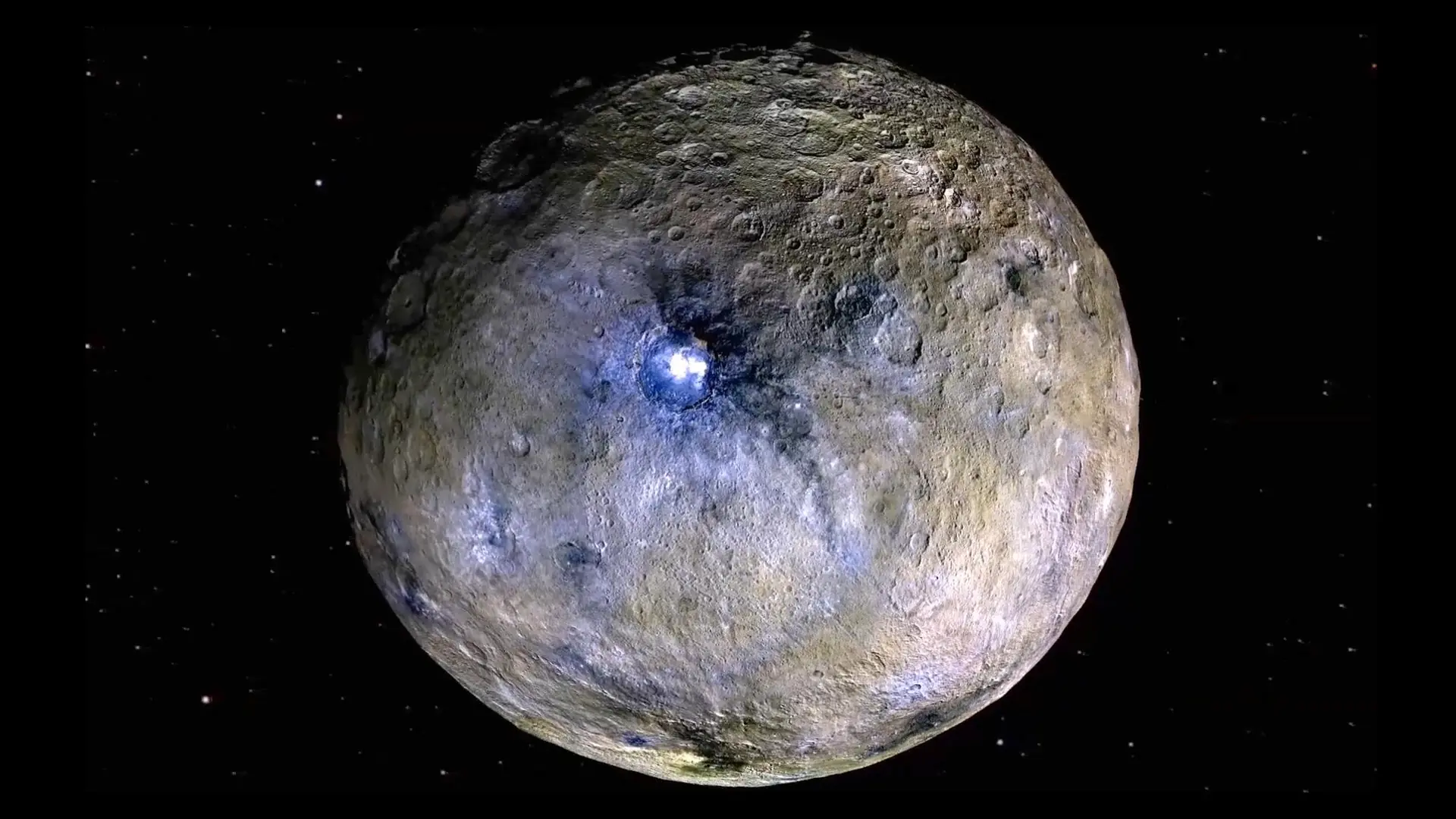
Discovery of a Drink That Helps “Push Back” Cancer: It's Not Tea or Coffee
In the modern world, where cancer remains one of the leading causes of death, the search for natural, accessible ways to support the body’s fight against this complex disease is ongoing. While many people turn to green tea, herbal teas, or even coffee for their antioxidant benefits, a surprising new discovery has shifted attention to a lesser-known beverage that may have powerful cancer-fighting properties. According to recent scientific studies, pomegranate juice—not tea or coffee—may hold remarkable potential in helping the body “push back” against cancer.
Pomegranate, often referred to as a "superfruit," has been used for centuries in traditional medicine across various cultures. Rich in polyphenols, flavonoids, and punicalagins, pomegranate juice offers one of the highest levels of antioxidants found in natural beverages. These antioxidants play a crucial role in neutralizing free radicals—unstable molecules that can damage cells and contribute to the development of cancer.
The Science Behind It
In a study conducted by researchers from the University of California, it was discovered that pomegranate juice slowed the growth of prostate cancer cells in laboratory settings. Furthermore, a clinical trial involving men with recurring prostate cancer showed that drinking eight ounces of pomegranate juice daily significantly slowed the increase of prostate-specific antigen (PSA) levels, a marker used to monitor the progression of the disease. While this doesn’t constitute a cure, it suggests that the juice may help delay or reduce the growth of certain types of cancer.
In addition to prostate cancer, research has shown that pomegranate juice may help inhibit the development of breast, colon, and lung cancer cells. The juice contains compounds that interfere with inflammation, reduce oxidative stress, and may even help trigger apoptosis—programmed cell death—in cancerous cells.
Why Not Tea or Coffee?
Tea and coffee are widely praised for their antioxidant content, and rightly so. Green tea, in particular, contains epigallocatechin gallate (EGCG), a well-known compound with cancer-fighting potential. Coffee, too, offers benefits through compounds such as chlorogenic acid. However, the antioxidants in pomegranate juice are more diverse and often found in higher concentrations. Unlike caffeine-based beverages, pomegranate juice is also suitable for individuals who are sensitive to stimulants or trying to avoid them.
Moreover, while tea and coffee are often consumed hot, which may degrade certain nutrients, pomegranate juice is usually consumed cold or raw, preserving its full nutritional profile.
More Than Just a Drink
Beyond cancer prevention, pomegranate juice offers other health benefits. It supports heart health by lowering blood pressure and reducing cholesterol. It improves digestion and strengthens the immune system. For individuals undergoing cancer treatment, pomegranate juice can be a nutritious addition to a balanced diet, aiding in recovery and boosting overall health.
However, it’s important to emphasize that no single food or drink can replace medical treatment. Pomegranate juice should be seen as a complementary approach—one that works best when paired with a healthy lifestyle, regular screenings, and professional healthcare.
A Simple Choice With a Big Impact
What makes pomegranate juice particularly appealing is its availability. It can be found in most supermarkets, made fresh at home, or purchased in concentrated form. It’s a simple, flavorful way to incorporate disease-fighting nutrients into your daily routine.
In conclusion, while tea and coffee have long held the spotlight in discussions about health drinks, pomegranate juice is now emerging as a powerful ally in the fight against cancer. Its natural properties, supported by scientific research, offer hope and inspiration for those seeking proactive ways to protect their health. Drinking a glass a day might not be a miracle cure—but it could be a meaningful step toward a stronger, more resilient body.
News in the same category


💤 The Science of Dreaming: Why Do We Dream?

Too Much Salt May Lead to Depression, New Study Suggests

New Study Reveals: Memory May Be Stored in Cells Beyond the Brain
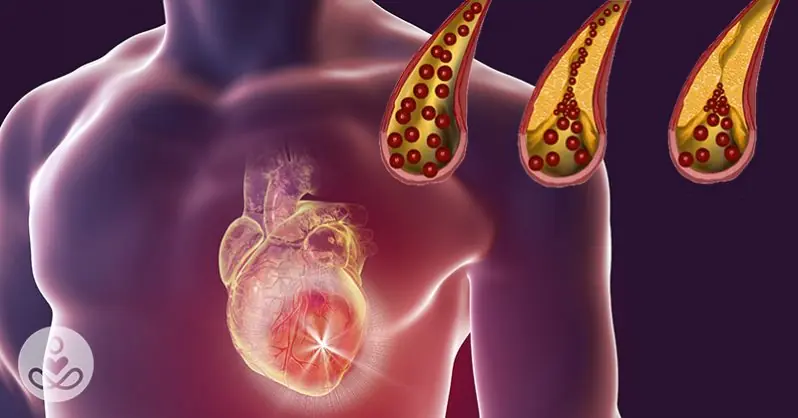
10 Foods You Should Eat Daily to Keep Your Arteries Clean

The Sleep Position That Could Be Quietly Damaging Your Health, According to Experts

Shocking Cancer Diagnosis at 44 Raises Alarms About a Popular Daily Sandwich Ingredient

Understanding Uterine Fibroids: Causes, Symptoms, and Treatment Options
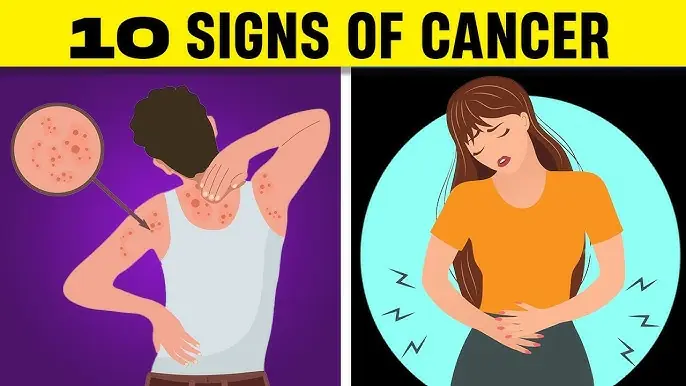
Is Your Body Trying to Tell You Something? 15 Early Signs of Cancer

If You Suddenly Wake Up Between 3:07 and 3:15 AM, You Should Be Extra Cautious

One Year Before Death: The Body Often Shows 5 Warning Signs!
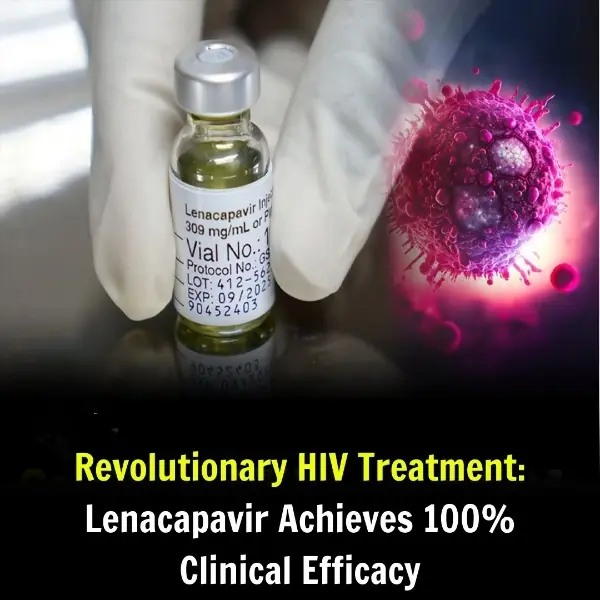
Revolutionary HIV Treatment: Lenacapavir Achieves 100% Clinical Efficacy

10 Warning Signs Your Kidneys May Be in Trouble
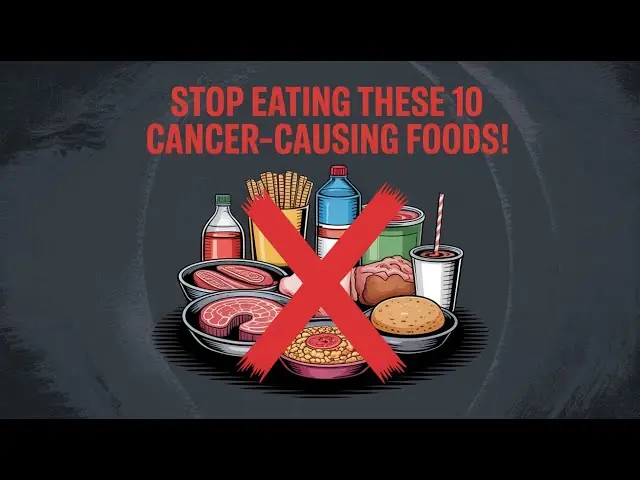
10 Foods Linked to Cancer You Should Avoid
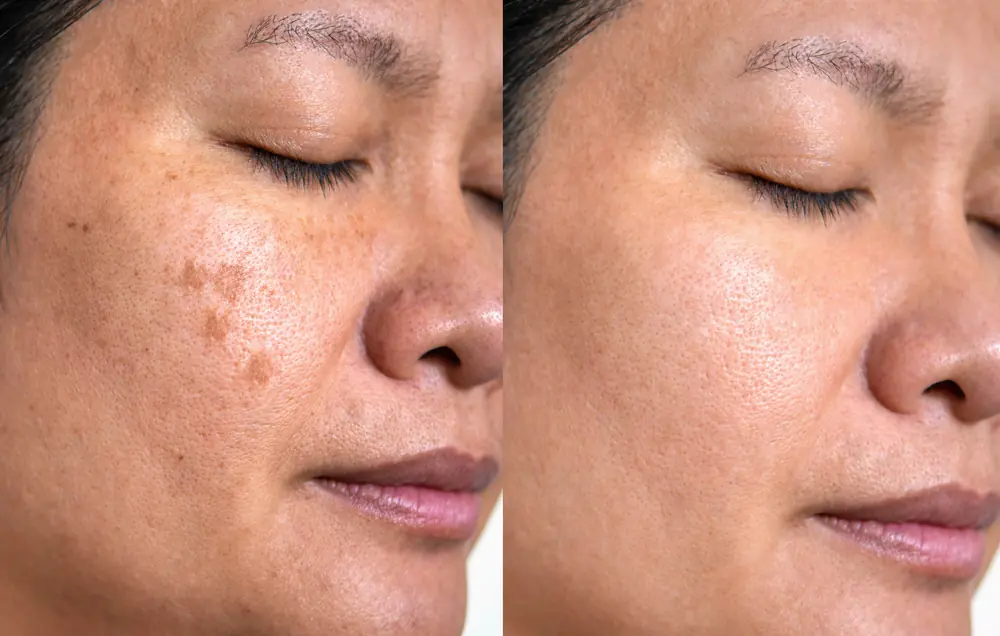
How to Reduce Age Spots: Causes, Treatments, and Prevention

How to help naturally relieve gout and joint pain

Sudden Sharp Chest Pain? The Mystery May Finally Be Solved

8 Warning Signs Your Oxygen Levels May Be Too Low — And How to Improve Them Naturally

Man Loses 400 Pounds Naturally and Raises Funds to Remove Excess Skin
News Post

Man Builds $20m White House Replica Atop Skyscraper—Now Legal Woes Keep Him Out
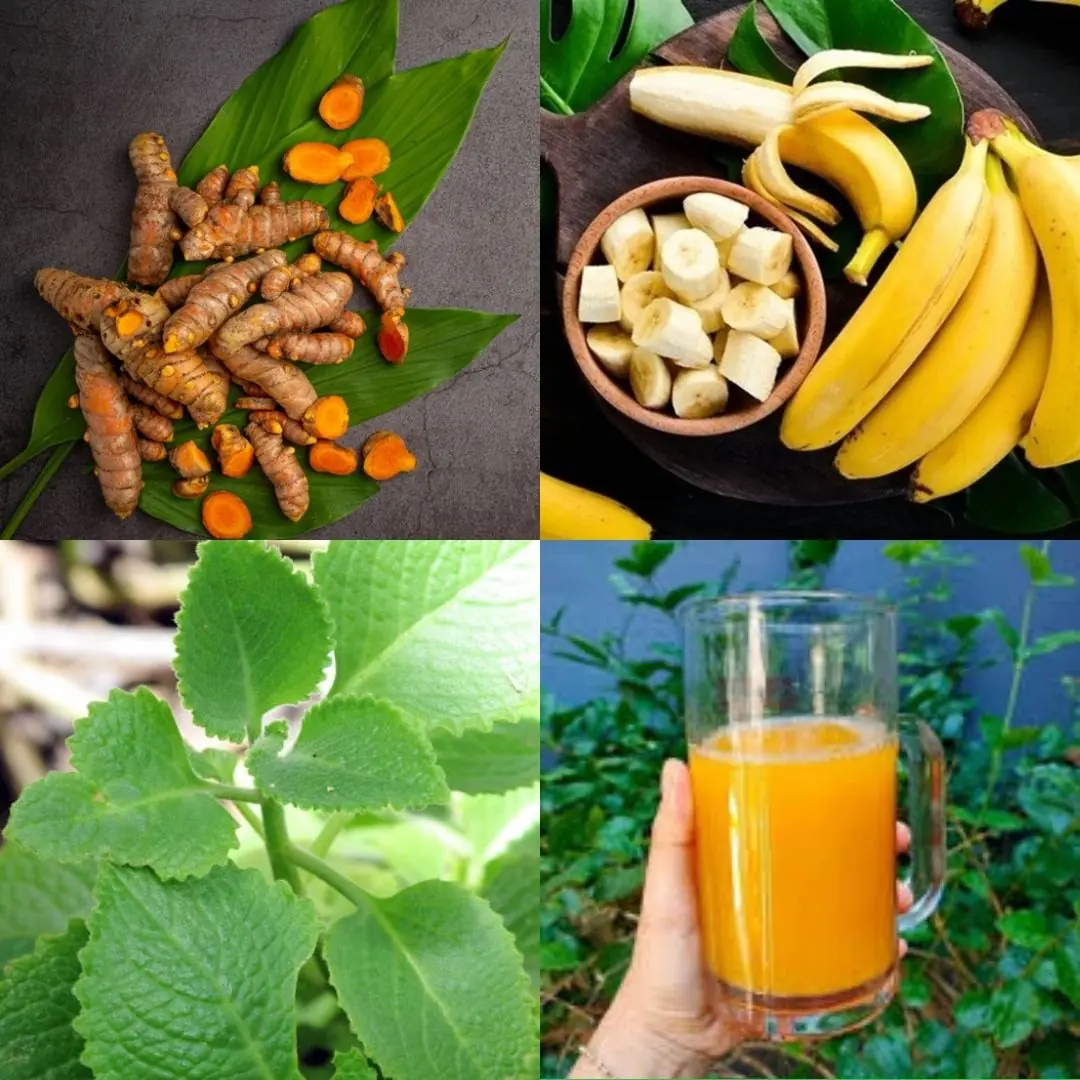
At 60, I Healed Cancer, High Blood Pressure, Diabetes, and Poor Circulation – All Thanks to This Powerful Drink

Woman Claims Ghost Companion Of 12 Years Warns Of Imminent Apocalypse
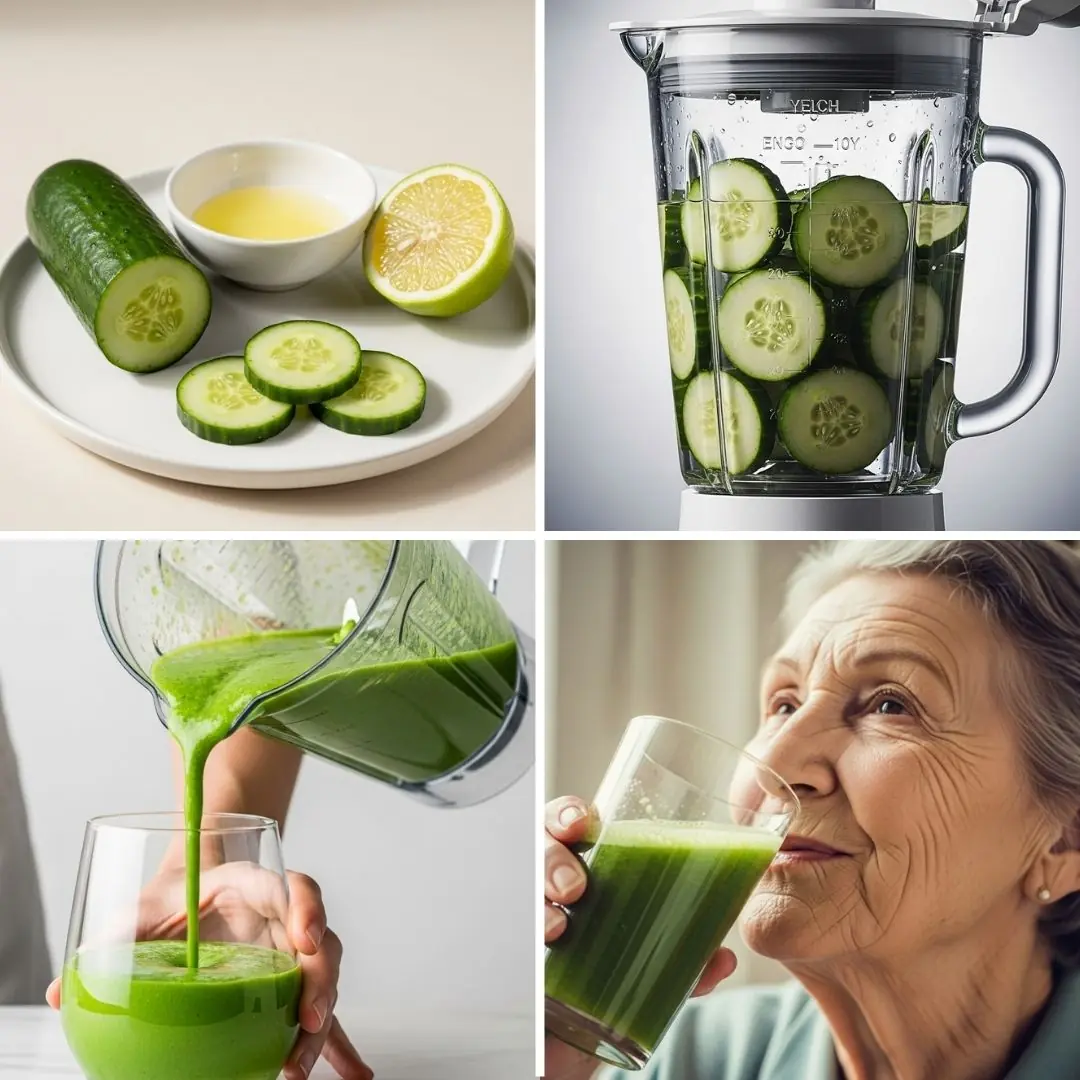
This Simple Homemade Juice Could Transform Your Life — The 100-Year Elixir Revealed!

🧠 How Your Brain Today Reflects Your Habits from Two Weeks Ago

💤 The Science of Dreaming: Why Do We Dream?

Too Much Salt May Lead to Depression, New Study Suggests

New Study Reveals: Memory May Be Stored in Cells Beyond the Brain

10 Foods You Should Eat Daily to Keep Your Arteries Clean

The Sleep Position That Could Be Quietly Damaging Your Health, According to Experts

Shocking Cancer Diagnosis at 44 Raises Alarms About a Popular Daily Sandwich Ingredient

When I Got Home from a Work Trip, 'He Lies' Was Carved Into My Hedge – Then I Found a Note Explaining Everything

My Wife Took $10K from My Daughter's College Fund to Pay for Her Own Daughter's Vacation & Said I Should Be Fine with It – Well, I Wasn't

I Got a Free First-Class Seat – My Entitled Brother Thought He Deserved It Just for Existing & My Family Took His Side

I Bought a $12 Prom Dress from a Thrift Store – Inside Was a Note That Changed Three Lives Forever

My Future MIL Showed Up to My Wedding in a Dress Identical to Mine – But My Groom's Reaction Made the Whole Church Go Silent

Understanding Uterine Fibroids: Causes, Symptoms, and Treatment Options

Is Your Body Trying to Tell You Something? 15 Early Signs of Cancer

The Sun Isn't Yellow — It's Actually White ☀️
